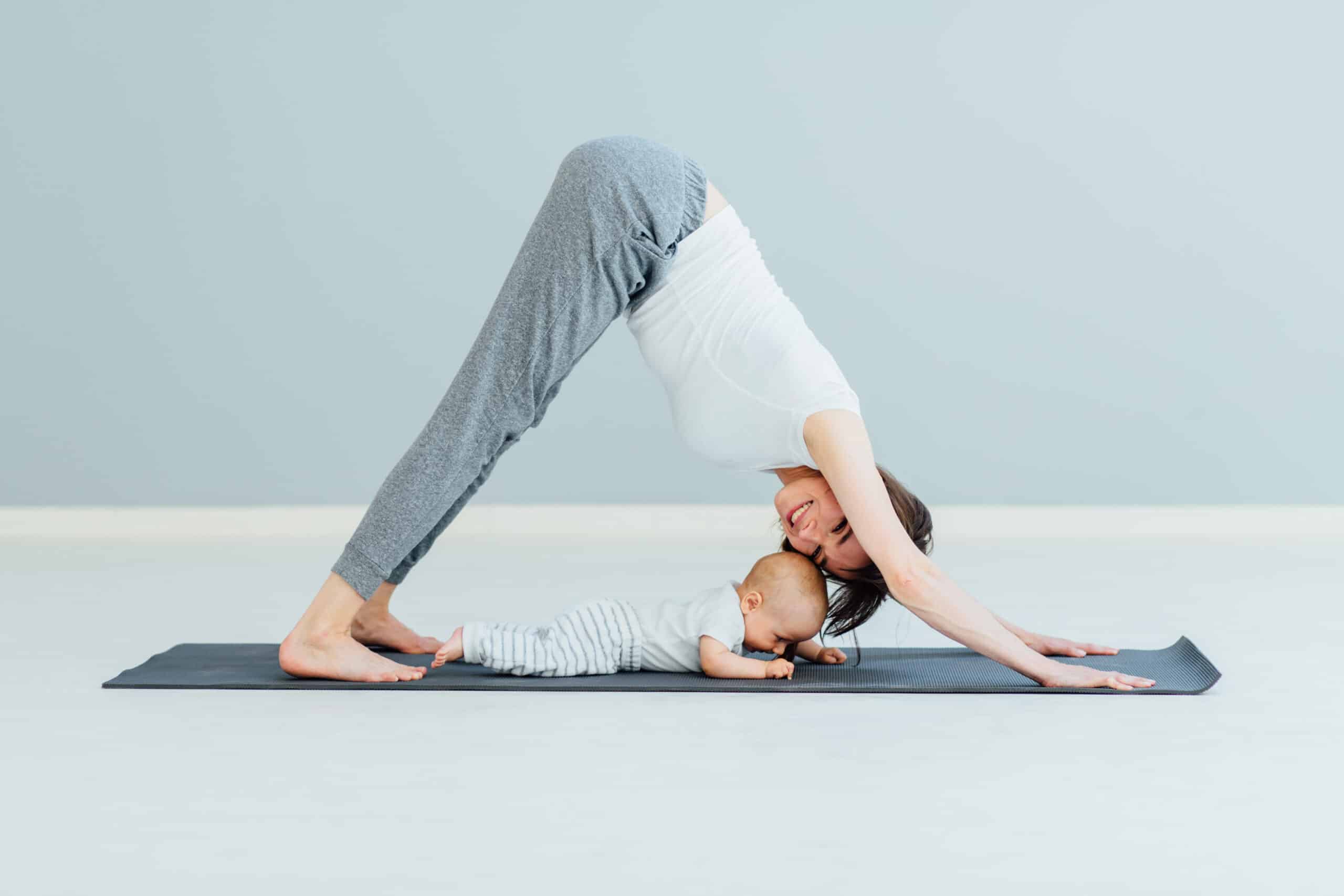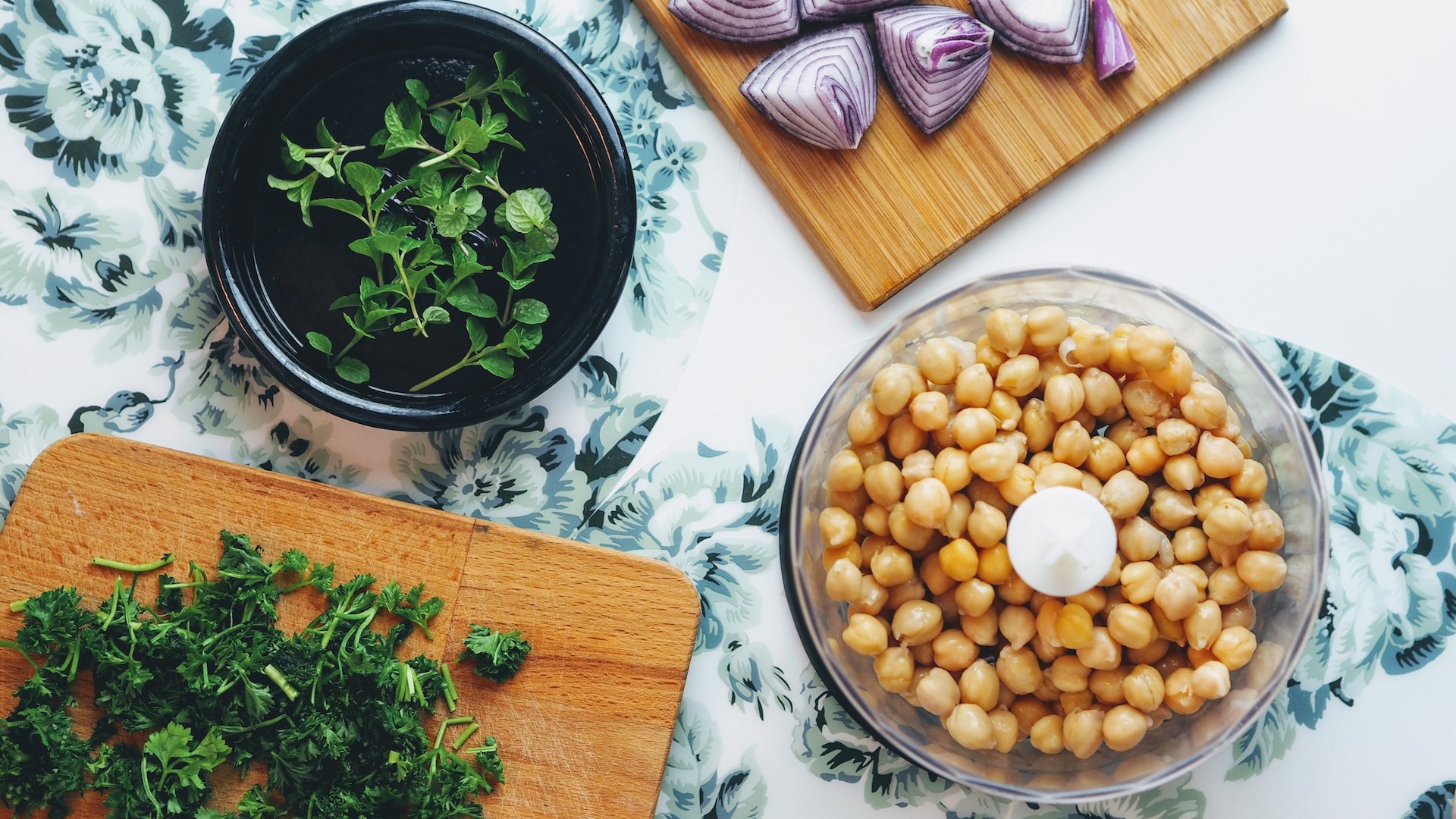 Coffee, Tea & Beverages
Coffee, Tea & Beverages  Healthy Shopping
Healthy Shopping  Healthy Snacking Ideas
Healthy Snacking Ideas  Live Consciously
Live Consciously
Is This the Healthiest Convenience Store Ever?
Home » Live Consciously » Is This the Healthiest Convenience Store Ever?
By Emma Stessman
Rows of road-trip munchies, an endless candy selection, and jumbo-sized, brain freeze-inducing slushies might have appealed to your childhood sensibilities. But as an adult with an affinity for wellness, swinging by a convenience store hoping for a healthy snack will likely end with you leaving empty-handed (or with a sad-looking bag of nuts).
Rachel Krupa is on a mission to change that, with her better-for-you 7-Eleven, The Goods Mart, which opened in the Silver Lake neighborhood of Los Angeles in April.
Krupa is the founder of wellness-centered public relations agency Krupa Consulting, and she was inspired by nostalgia for the local Sunoco gas station she frequented as a kid in Michigan. She knew, however, that her hometown shop and others like it didn’t sell food that was actually healthy.
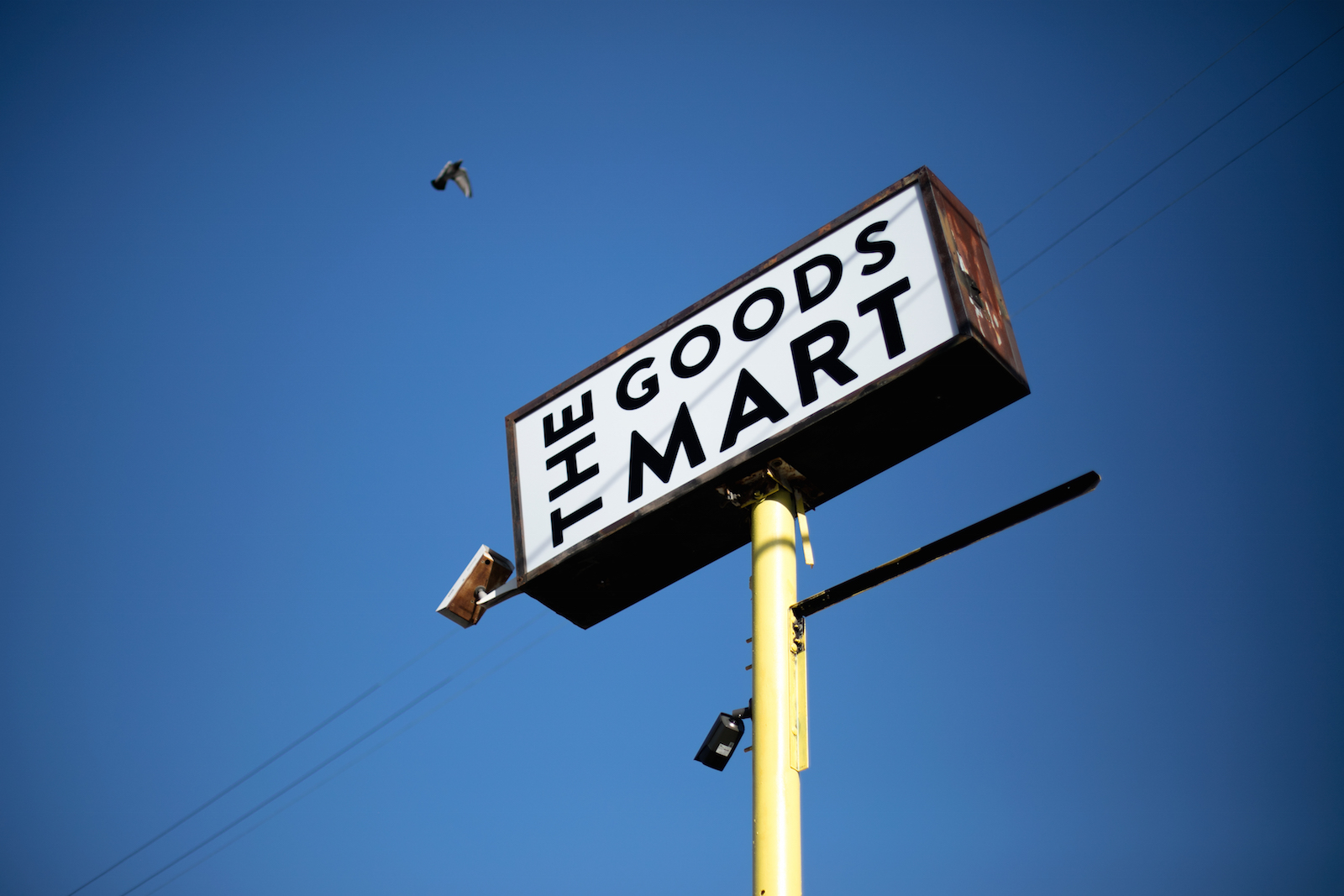
“The things that I loved, in regards to convenience stores, weren’t fitting of how I actually wanted to eat,” Krupa says. “And no one was [creating a healthier model], so that was the basis for it. From there, it was from a standpoint of making a model that was highly curated in the way that it has really great products—still the products you have in a traditional convenience store—but better for you.”
To accomplish that, she stocked the store shelves with over 300 convenience items—from snacks to home essentials—all made with natural ingredients and ethical production practices.
RELATED: On-the-Go Snacks Busy Nutritionists Reach For
You won’t find foods with artificial flavors, colors, or sweeteners, or animal proteins that contain nitrates or antibiotics. Traditional snacks like Cheetos and Tostitos have been replaced by alternatives like Barbara’s Cheese Puffs and Siete Grain-Free Tortilla Chips. And a yerba mate is the closest thing to an energy drink you’ll find in the cooler. “You can still have that same taste,” Krupa says of the products. “It’s just better because they’re using real ingredients.”
Yes, there are even slushies; they’re kombucha-based.
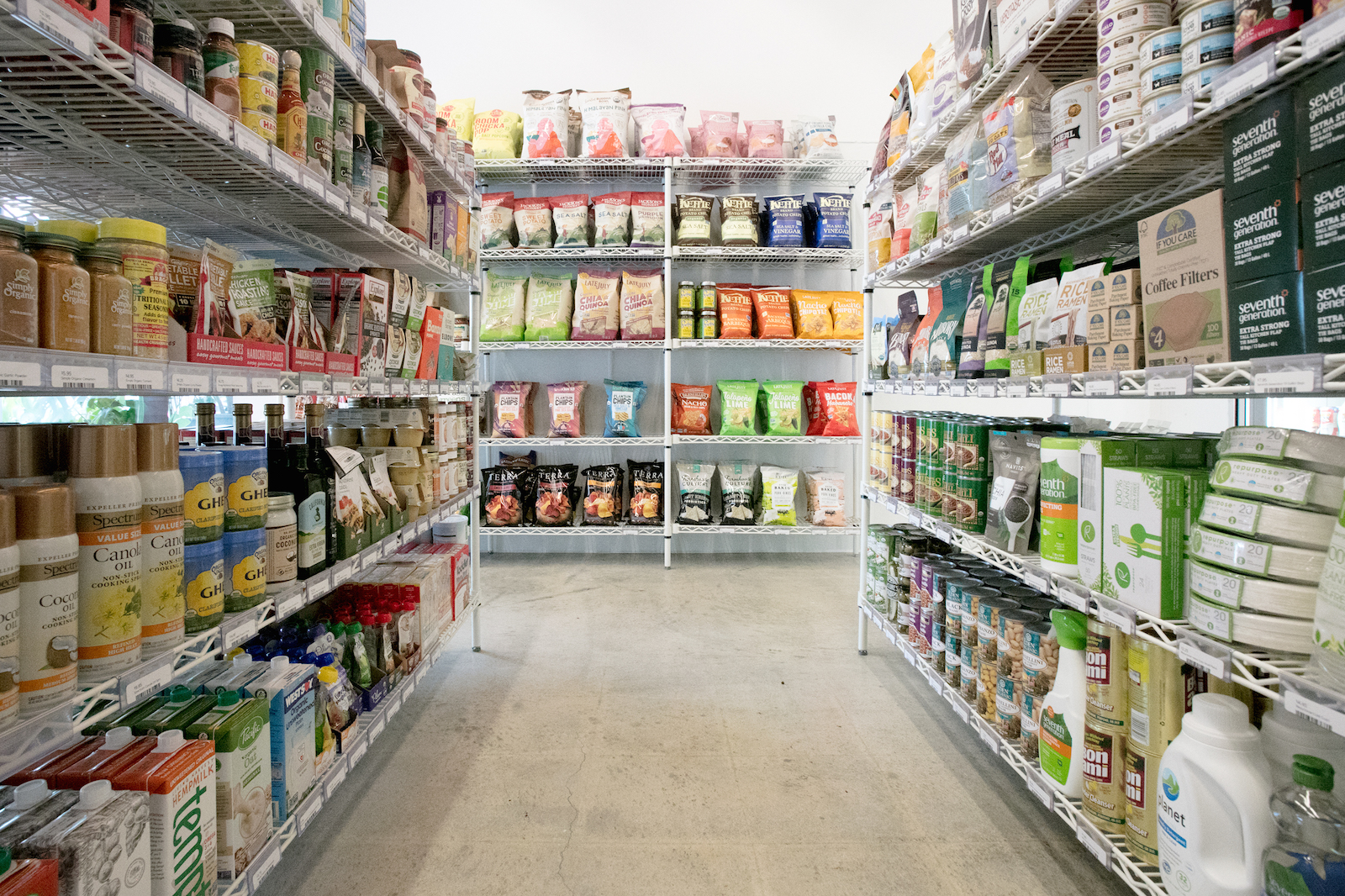
Real food (you know, the kind with a recognizable ingredient list) does cost more in our current economy, Krupa admits. But in keeping with a vision of making healthier foods more accessible, Krupa says The Goods Mart operates on a “high-low” pricing model.
“We have La Colombe coffee for $1.25, but then we also have an almond butter that’s around $15,” she says. “It’s about finding that place where you have both high and low prices, so you have something for everyone.”
The do-good philosophy extends beyond that, too. “The name ‘goods’ started as a kind of play on ‘we got the goods’,” Krupa says. “As the model shaped and molded, it became a standpoint of let’s focus on doing good.”
Single-use plastic bottles are banned, and slushies are served in paper cups. The store offers “ugly” fruits and vegetables (the kind that wouldn’t normally be sold at the supermarket) for a cheaper price. Plus, at the end of the month, all the tips made at the store are donated to a local charity.
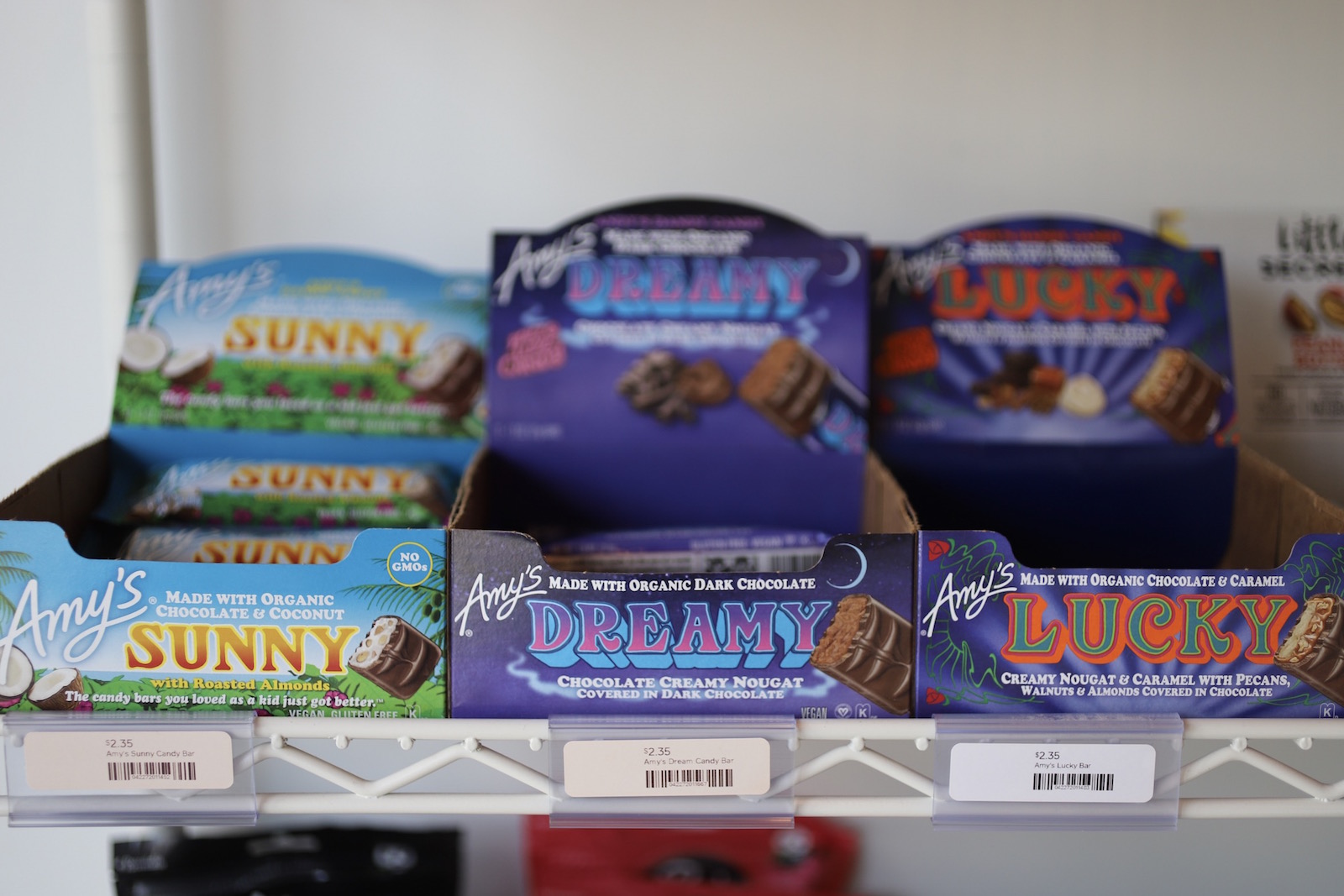
RELATED: 9 Brilliant Plastic Product Alternatives You Can Find on Amazon
But what if you’re not a lucky resident of Silver Lake?
Don’t worry, Krupa has big plans for future stores. “The goal is to have a couple more by the end of this year,” she says. “And then I want to say, in five years, have fifty.”
She has her sights set on opening a store near her family, in Detroit. But New York and an LA expansion are also possibilities. “I think this model is definitely working in the communities that are outside of a bigger city, where you don’t necessarily have access to a Whole Foods,” she says. After all, “The bigger we get, the more ‘good’ we can do.”
(Photos: 1-3: Wyatt Conlon for The Goods Mart, 4: Sydney Yorkshire for The Goods Mart)
The Nutritious Life Editors are a team of healthy lifestyle enthusiasts who not only subscribe to — and live! — the 8 Pillars of a Nutritious Life, but also have access to some of the savviest thought leaders in the health and wellness space — including our founder and resident dietitian, Keri Glassman. From the hottest trends in wellness to the latest medical science, we stay on top of it all in order to deliver the info YOU need to live your most nutritious life.
DISCOVER MORE
RECENT ARTICLES

Want a sneak peek inside the program?
Get FREE access to some of the core training materials that make up our signature program – Become a Nutrition Coach.
Get Access


